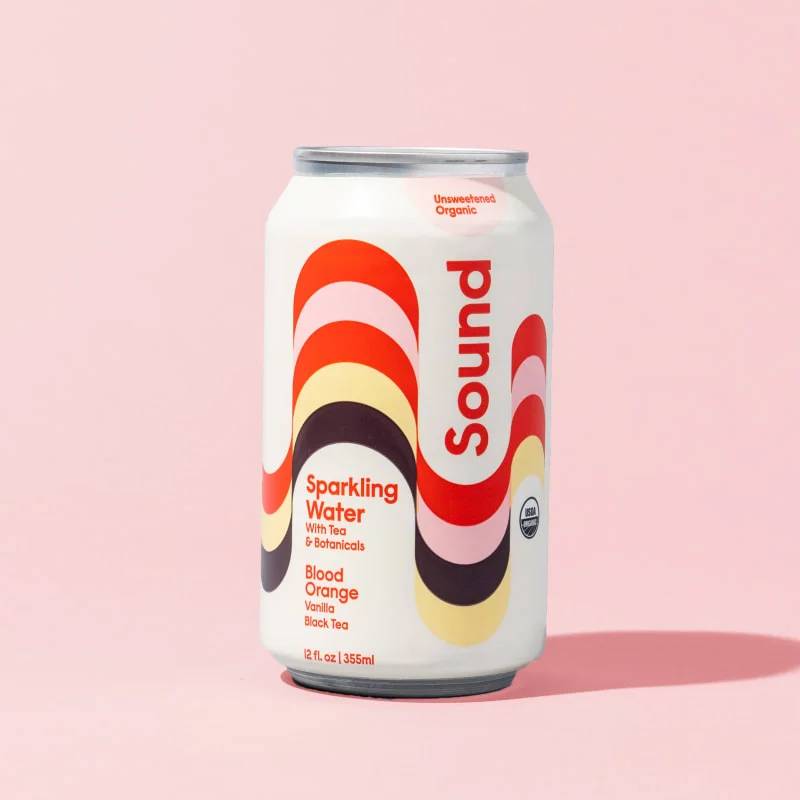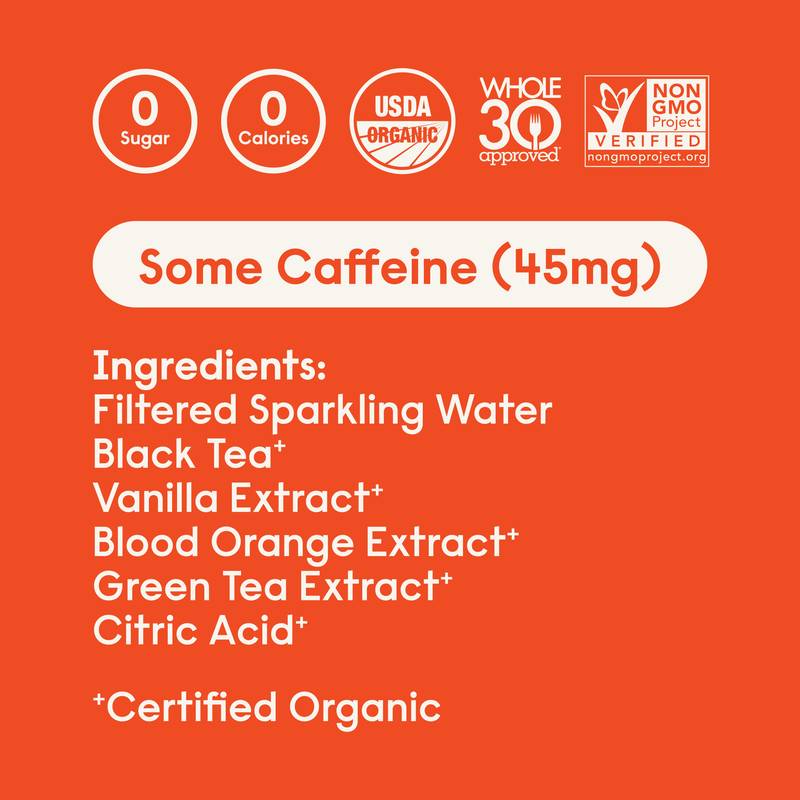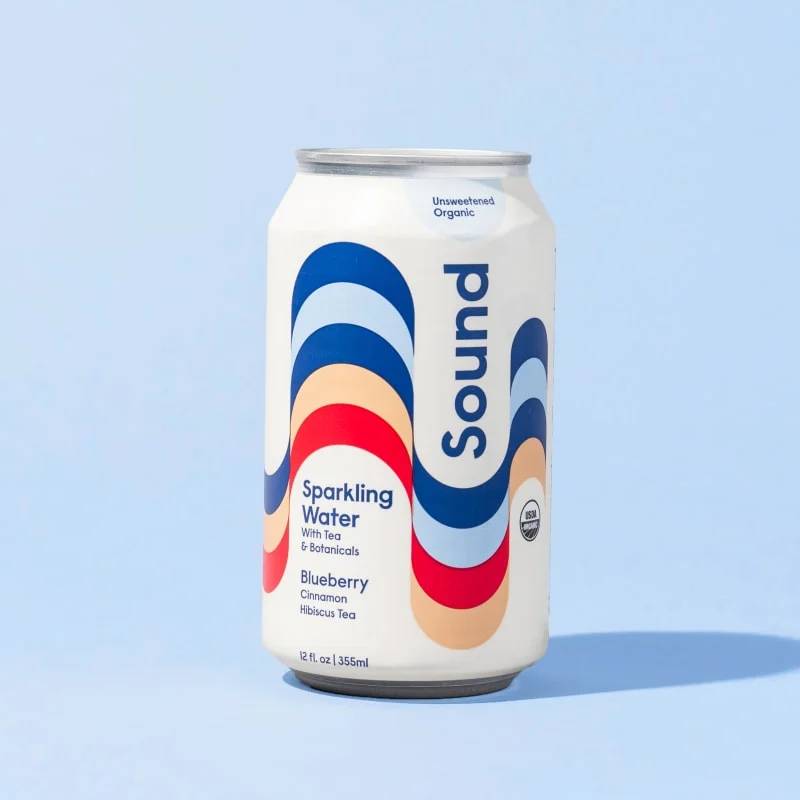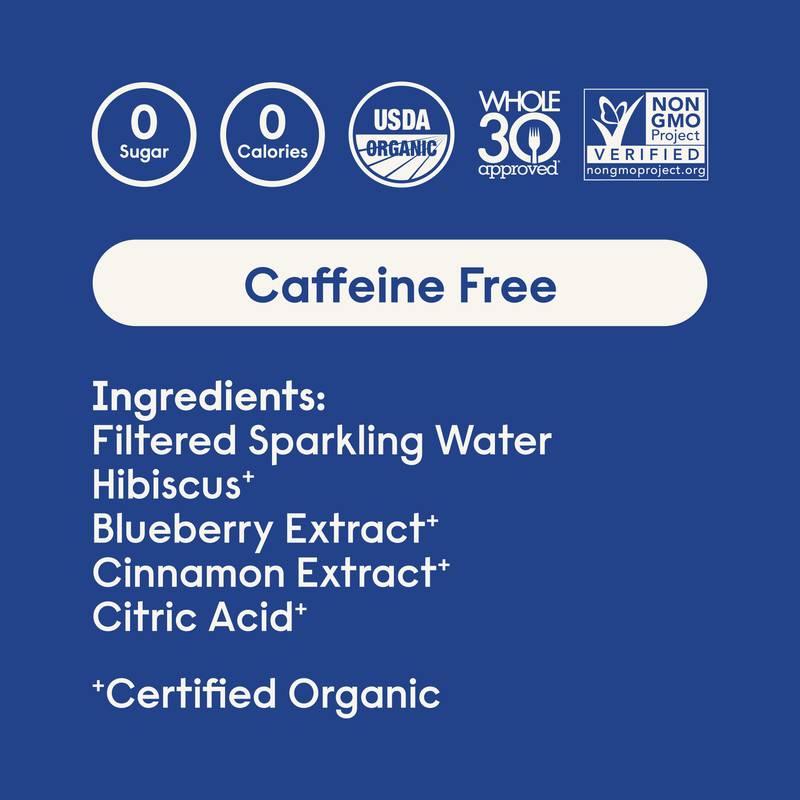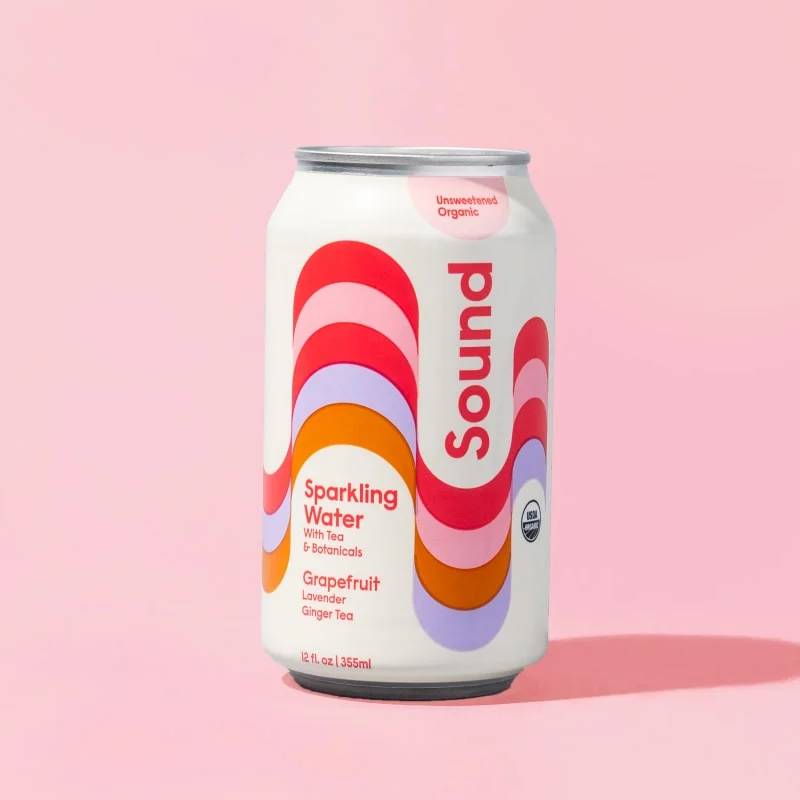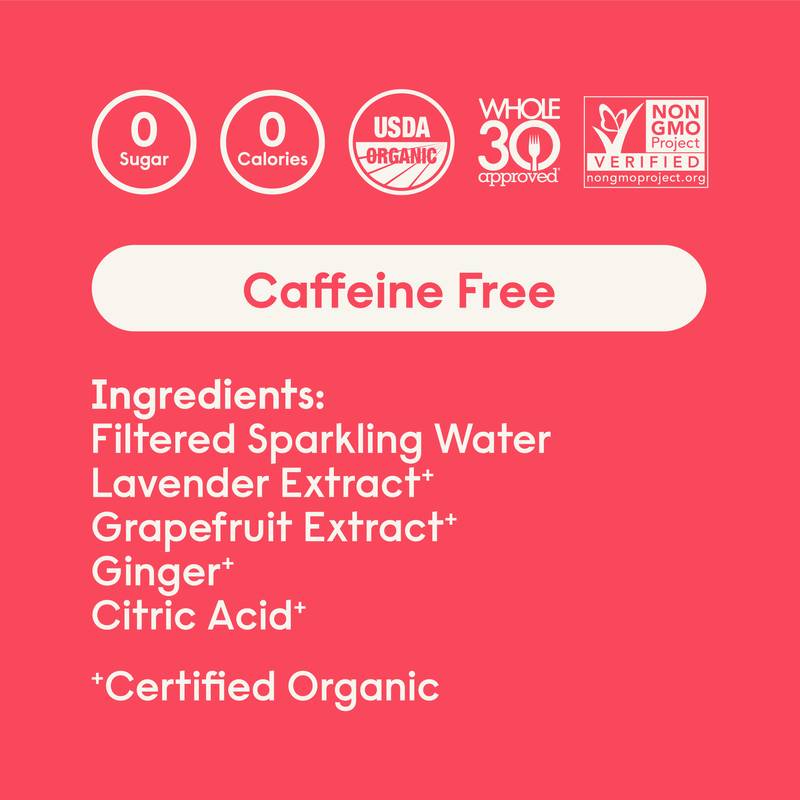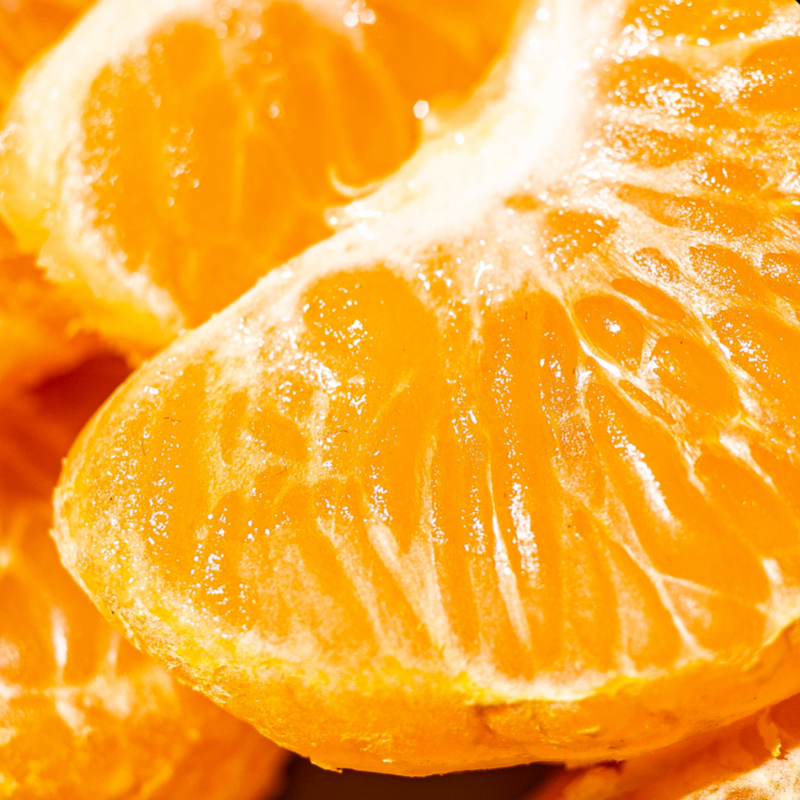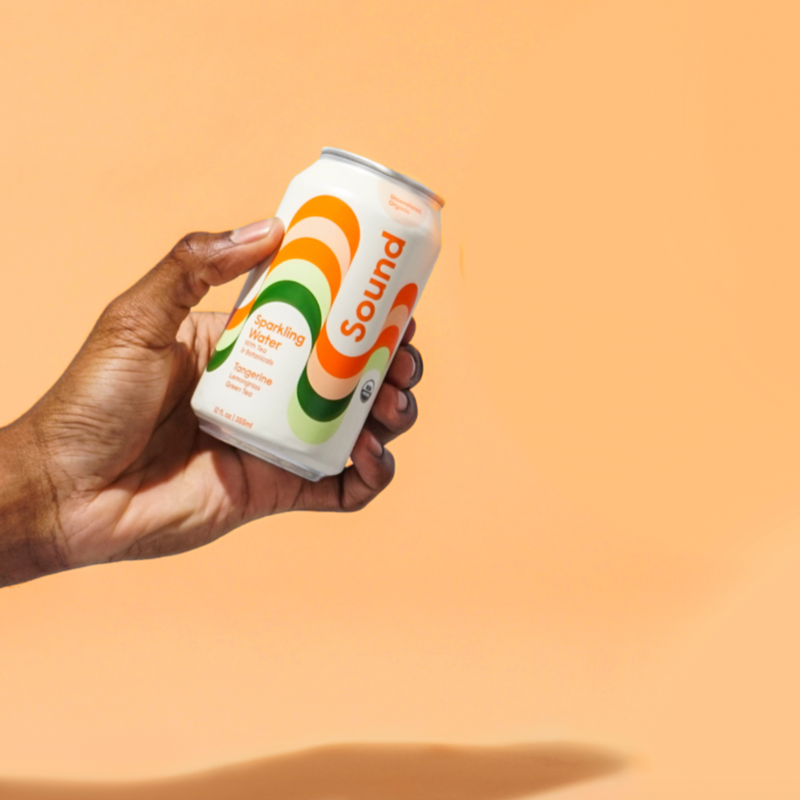We know green tea well for being a rich source of antioxidants, substances that are crucial for fighting inflammation within the body, but we’re now learning more about how drinking green tea positively impacts gut health too.
You’ve likely heard the statistic that about 80% of our immunity resides within our gut, which simply means that the health of our gut correlates directly with the health of our immune system. The stronger our immune system, the better we are at fighting off pathogens and keeping as healthy as possible. In theory, if our gut is healthy, our immunity is more robust, and so we’re less at risk to get sick and even if we do, better likely to recover well from whatever illness that may be.
So when we say “gut health”, what does that mean exactly? Gut health refers to our microbiota, aka the bacteria, viruses and fungi that reside within our intestinal tract (mostly in the colon). Otherwise known as the gut microbiota, these organisms are incredibly important for:
- Helping to create certain vitamins, like vitamin K (important for things like bone health and blood clotting), and B vitamins, which are key for energy production, among other things.
- Interestingly, a study found that individuals on a low vitamin K diet for about a month did not develop K deficiency, but those given a broad-spectrum antibiotic (which kills good as well as harmful bacteria) did show signs of low K. This just goes to show how important of a role the bacteria within our gut truly hold for their host's overall health (aka us!).
- Producing short-chain fatty acids (SCFAs): super beneficial for lowering inflammation. Butyrate is likely the most important SCFA of them all, shown to even have anti-cancer effects. Some studies have shown that SCFAs may even play a role in appetite regulation.
- Breaking down polyphenols from plants, allowing humans to reap the benefits of these powerful antioxidants!
Now we know what a healthy microbiota can do — but how do we keep it healthy? It starts with the beneficial bacteria that reside within our gut, which are called probiotics. We naturally get probiotics from fermented foods like kimchi, miso, sauerkraut, tempeh & any pickled vegetable. Just like us, probiotics need to eat to thrive, and prebiotics are their food. Prebiotics are found in foods naturally rich in soluble fiber, which includes avocado, apple, potato, ground flaxseed, chia, berries, oatmeal and beans. So, to maintain a healthy microbiota, it starts with consuming probiotics (naturally and/or via supplement) and then feeding this good bacteria with prebiotic foods.
Let's get to the goods: How green tea supports gut health.
Studies have shown that drinking green tea can increase the amount of healthy Bifidobacteria within the gut. Bifidobacteria is a type of probiotic that has been studied extensively. Specific strains have been associated with tons of potential benefits including a reduced risk for colon cancer, improvement in digestion (less diarrhea and constipation), and reduced symptoms of ulcerative colitis. One hypothesis behind why drinking green tea could increase the population of Bifidobacteria within the gut is that components of green tea act as a prebiotic (aka food) for the protective probiotic.
A 2020 study found that green tea also increased the growth of Akkermansia muciniphila (Akkermansia), a microorganism that has been associated with lower risk for obesity and other diseases of the metabolism, including metabolic syndrome. Specifically, the component of green tea called epigallocatechin gallate (EGCG) is responsible for the supportive growth of Akkermansia. Other studies have found EGCG to have strong anti-proliferative effects when it comes to cancer cells, meaning that it can play a role in cancer treatment & prevention.
We often think of green tea as beneficial to us, with the focus being on how its antioxidants fight cellular damage and inflammation so that we can thrive, but now we know that it's even deeper than that. Components in green tea help our favorable bacteria thrive too, which in turn supports our immunity. Win, win, win.
